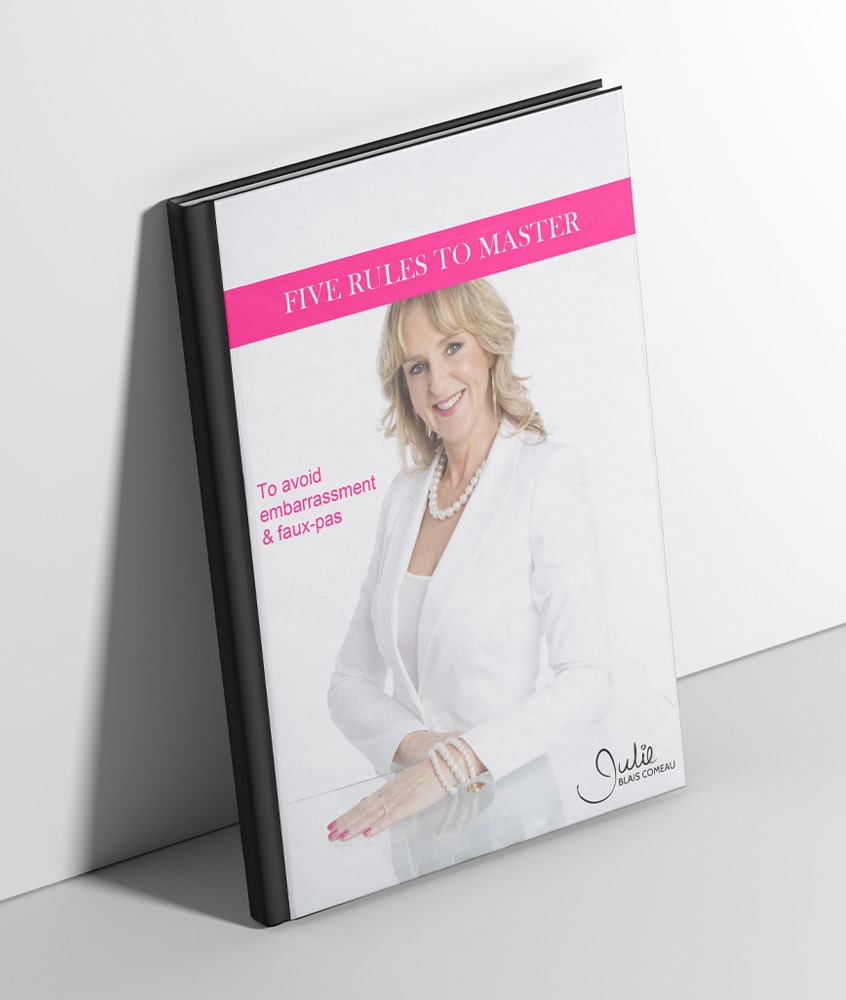
Are you ready for flu and cold season’s sticky situations?
Up to a third of Canadians will suffer from the flu or a variety of cold viruses. During that time, you may be exposed to 50 possible infections a day! If you happen to be within six feet of anyone who is sick, even if you don’t see them, some 10- to 100-million viruses may be coming your way! These visible and microscopic droplets will emit through coughs and sneezes. Considering that you only need to inhale a few thousand to get sick, you can now understand why these viruses are so contagious.
To protect yourself, your loved ones and your team, here are nine germy season dos and don’ts.
It is the most effective way to protect you and your real life network from contagiously catching viruses.
It includes tissues, hand sanitizer, disinfecting wipes, lozenges, Vicks VapoRub, and even a mask. The mask will protect you when travelling on planes or when visiting loved ones in the hospital. A couple of sniffs of the menthol stick will dry up your nasal passages for up to two hours.
Sticky situation: Your colleague is coughing and sneezing in his hand.
Solution(s): “I can see that you are not feeling too well. May I offer you a tissue?”
Cough and sneeze in your elbow. This method will shield others from your droplets.
If you have time to reach for a tissue, immediately throw it away after using it. A stored tissue will keep the germs alive for two hours. Imagine a mother dabbing her sick little one’s runny nose, with a tissue. She stores it in her purse. Fifteen minutes later, she reuses it to remove a ketchup drop from her eldest’s shirt. The eldest is now infected.
Keep yourself clear of germs by rubbing hand sanitizer after each flare up.
Remember, the required amount of time you should spend sudsing up is equivalent to the singing of Happy Birthday.
Do not use communal towels. If hand washing is not possible, use hand sanitizer.
Think of all the people that you could infect and the loss of productivity that it could entail.
As an employer, be grateful for the employees that show consideration in this matter. Do not reward or encourage employees that wear their illness at work like a badge of honour.
This also applies to keeping your children home from school or daycare when they display symptoms. Children constantly touch their runny noses, play with their mouths and rub their eyes all while playing with toys and other little ones. Parents and the daycare will thank you.
Although it is generally impolite to cancel an accepted invitation, it is just common courtesy to inform your host of your ailments. A gracious host will appreciate your benevolence.
Sticky situation: On the morning of your neighbor’s tree trimming party, you get up congested and feverish.
Solution(s): “Janet, I always enjoy attending your tree trimming party but unfortunately I won’t be able to attend this year. I got up with flu symptoms so it may be best for me to stay home this year.”
Use a disinfecting spray on doorknobs, light switches and railings. Give shared office supplies, such as the Powerpoint clicker, a quick rub with a disinfecting wipe before switching hands.
Because flu symptoms appear suddenly, it is acceptable to waive the customary handshake.
Sticky situation: You are being introduced to a new colleague. You are not feeling too well and think it best not to shake his hand.
Solution(s): “It is nice to meet you. Please excuse me for not shaking hands, I am not feeling too well.” You can also accompany your words by placing your right hand on your heart and slightly bowing your head.
The above phrase can also be used when you choose not to shake hands because you have noticed the other’s unacknowledged symptoms. If you cannot bring yourself to declining to shake hands, wash them and apply sanitizer before and/or after making contact.
Along the same line, never ever double dip.
on Facebook, Twitter and on the office fridge as a silent and civil way of spreading the word, not the germs.
Practicing cold and flu etiquette guidelines is much more than not spreading germs. It is a matter of civility and good citizenship. To recognize your contribution to a healthier world, reward yourself in your alone time. Indulge in one of your little guilty pleasures: a bubble bath, watching your favourite movie or sipping on a hot cocoa.
Are you in a sticky situation? This blog is at your service. Write to me at julie@julieblaiscomeau.com. Your situation may enlighten other readers.
Published November 13, 2012 Huffington Post (c) Julie Blais Comeau
